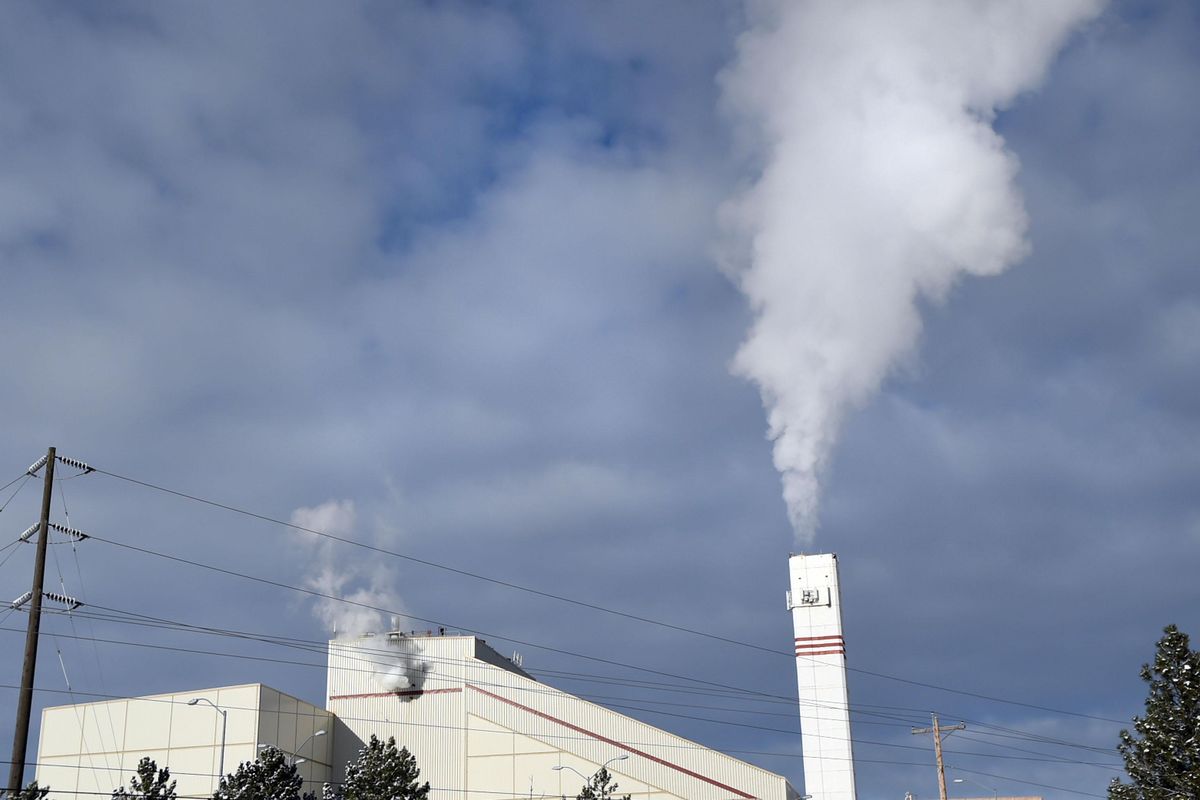Antarctic waste, football helmets, mattresses all incinerated in Spokane

A scientist living in a research station in Antarctica eats a protein bar. She throws the wrapper in the trash.
Six months and roughly 10,000 miles later that wrapper is incinerated in Spokane.
Spokane’s Waste-to-Energy Plant burns a variety of waste from all over the world. In addition to confiscated drugs and guns, it’s the final resting place for recalled Ikea furniture, 50 old football helmets from Central Valley School District, a “semi load of mattresses” and, yes, Antarctic waste.
The common denominator for all these items is that they have to be destroyed securely and completely, said Kelle Vigeland, the city’s environmental manager.
“They are assured that it is gone and no one can misuse it at that point,” Vigeland said.
Antarctic waste is considered regulated waste by the United States Department of Agriculture. Regulated garbage is created during international travel; it can’t be imported into the United States unless it originated in Canada, according to USDA regulations.
In March 2015, the Waste to Energy plant incinerated 32,640 pounds of Antarctic waste. During that same month, the plant burned “one bag of regulated garbage from Germany,” sent through Fairchild Air Force Base.
In addition to regulated garbage, the plant burns waste that can’t easily, or safely, be disposed elsewhere. In April 2015, for example, the plant burned 39,200 pounds of oily rags from Prudhoe Bay, Alaska.
April Westby, the environmental engineer for the Spokane Regional Clean Air Agency, said the plant also disposes of recalled items.
The Clean Air Agency receives a report every six months detailing special things destroyed at the plant, and staff members make sure those items are permissible under state environmental laws.
Recently Westby said she received a request for a truckload of recalled Ikea furniture from Seattle. In September last year, 1,260 pounds of “individually wrapped frozen chicken” was incinerated. In the past, the Post Office has burned outdated stamps, Vigeland said.
Organizations can also incinerate sensitive material, like documents or DVDs. For instance, in July an Oregon company disposed of 1,200 pounds of “plastic media.”
Anyone can request special handling for their garbage, Vigeland said, but it costs more than normal disposal. The additional fee, however, gets you the ability to watch as your waste is cycled into one of the plant’s two nine-story-tall boilers, if you choose to. Each boiler can burn about 400 tons of garbage in less than hour.